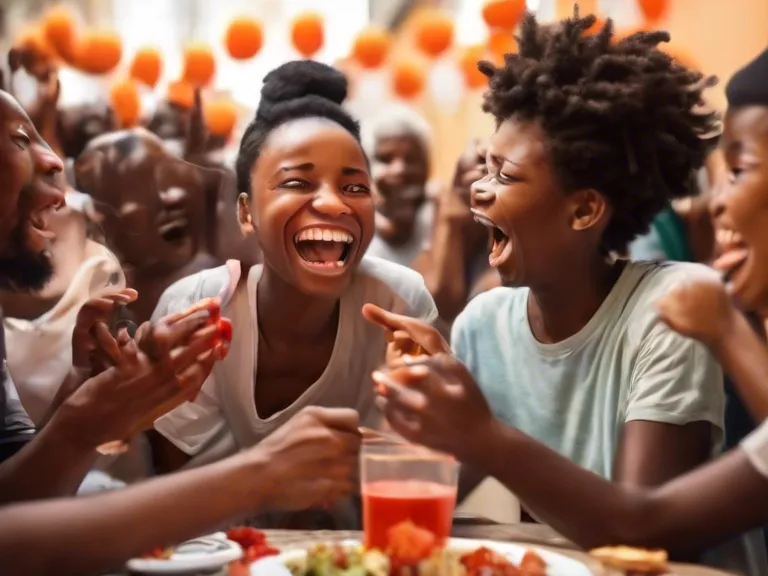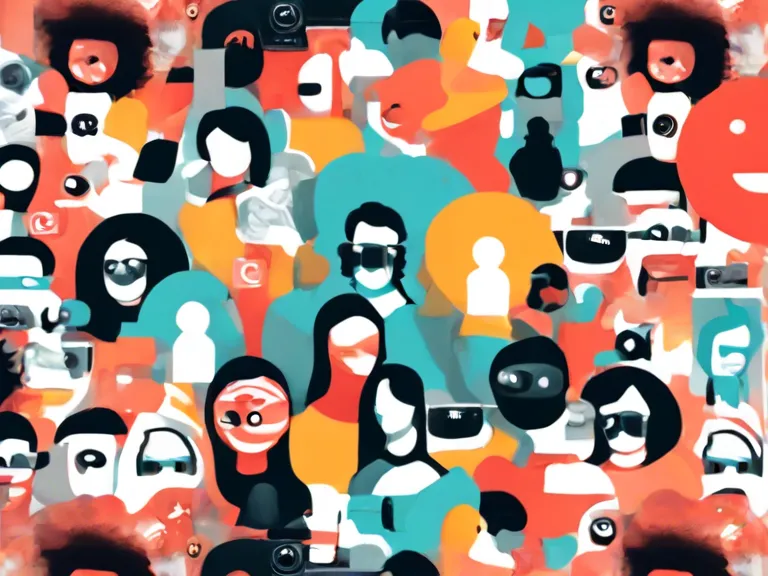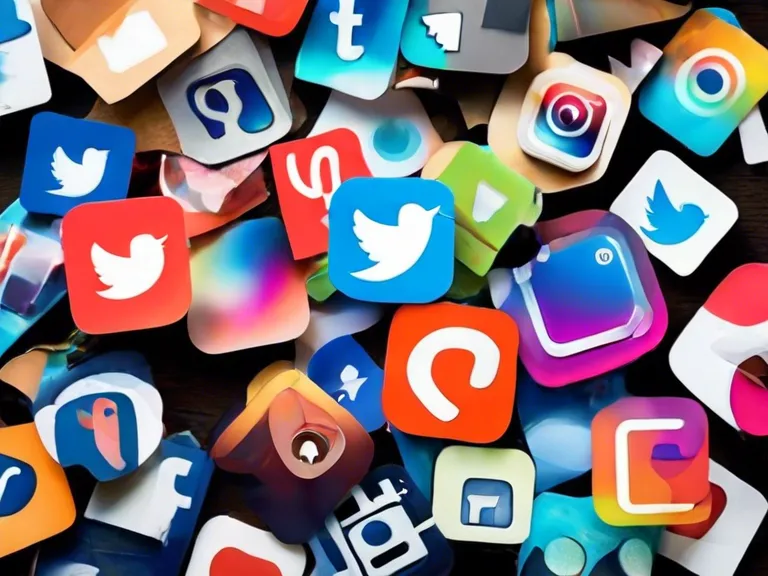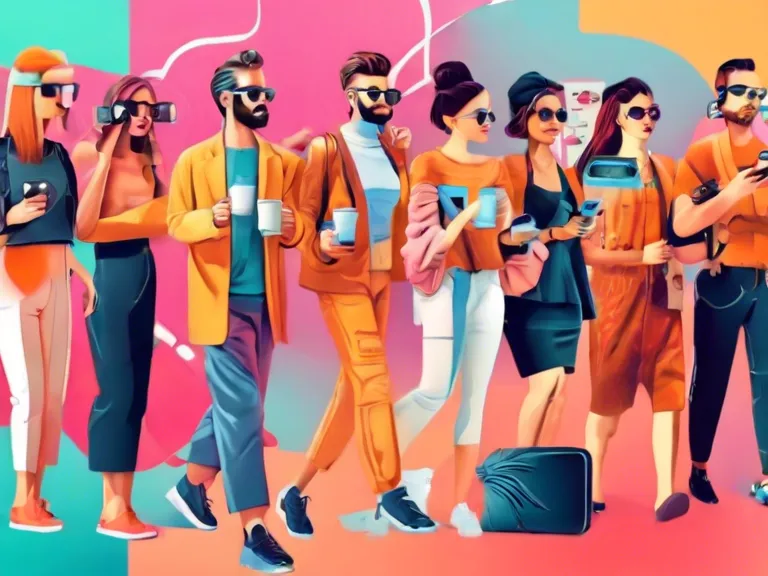
In the fast-paced world of social media, viral moments have the power to shape cultural norms and influence social behavior. These moments, whether they are comedic, heartwarming, shocking, or controversial, can spread like wildfire across the internet, reaching millions of people within hours. But what is the cultural significance of these viral moments, and how do they impact our society's social norms?
One of the key reasons why viral moments are culturally significant is their ability to bring people together, regardless of their backgrounds or beliefs. In a world that is often divided by political and social issues, viral moments have the power to unite us in laughter, tears, or outrage. They provide common ground for people to connect and discuss a shared experience, bridging gaps and fostering understanding among diverse communities.
Furthermore, viral moments have the power to challenge existing social norms and spark important conversations about topics such as race, gender, sexuality, and mental health. For example, viral videos of police brutality or acts of racism have prompted discussions about systemic injustices and the need for social change. Similarly, viral moments that celebrate body positivity or LGBTQ+ rights have helped to raise awareness and promote acceptance of different identities and experiences.
On the other hand, viral moments can also reinforce harmful stereotypes and perpetuate negative behaviors. Memes that mock certain groups of people or glorify violence can have lasting consequences on our attitudes and actions towards others. It is important for us to critically analyze the impact of these viral moments and question whether they are promoting positive or negative social norms.
In conclusion, viral moments play a significant role in shaping our cultural landscape and influencing social norms. While some viral moments have the power to unite us and challenge societal injustices, others can perpetuate harmful stereotypes and behaviors. As consumers of viral content, we must be mindful of the messages we are endorsing and strive to promote inclusivity, empathy, and understanding in our online interactions.


